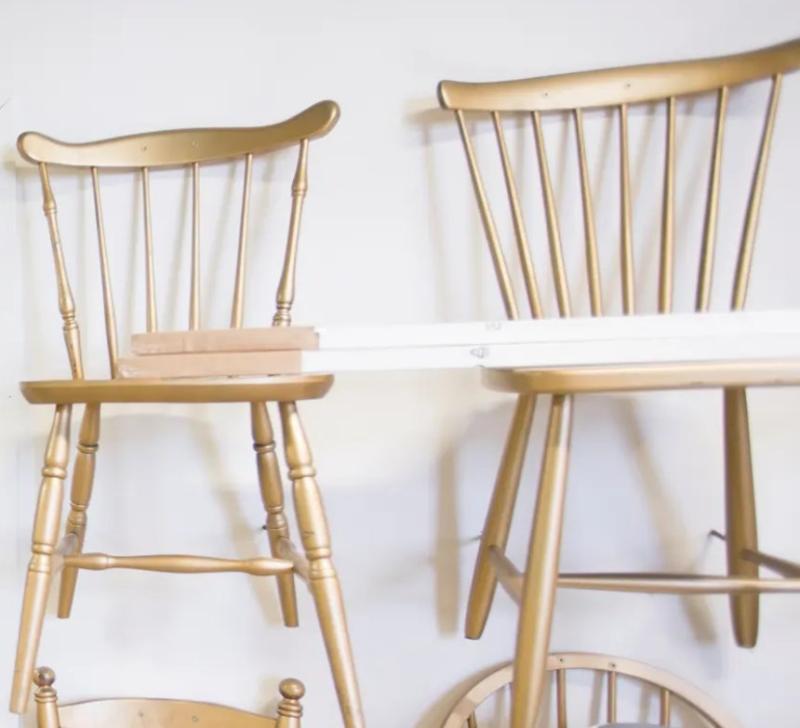Eskilstuna: how a Swedish town became the world capital of recycling




But the town has come up with an answer: recycling. Far from the Scandinavian stereotype of glossy modernity, Eskilstuna’s wide-paved, near-deserted grey streets are populated by kitsch 1980s pizzerias, workers’ cafes and gloomy pubs – not a place where you would expect to find such a radical approach to the environment. Yet since 2012, Eskilstuna has implemented a spate of green initiatives, vying to make it the most environmentally friendly city in Sweden – and perhaps the world. Public buses and cars are run on biogas and electricity, and the town uses low-carbon combined heat and power plants, which use the thermal energy from electricity production to heat water. Residents sort their waste into seven multicoloured categories at home – green for food, pink for textiles, grey for metal, yellow for paper, blue for newspaper, orange for plastic and black for mixed – and for the past four years people have been able to drop off their unwanted goods for recycling at Bergström’s secondhand mall.
Bergström moved to Eskilstuna in 2012, after becoming disillusioned with the huge waste she encountered during her career in commercial fashion, to run ReTuna (Tuna is the town’s nickname). She says the idea startled people to begin with. “When I first came here, no one knew about the mall. And when they did, no one liked it,” she says. “In a town like this, which has suffered, people are suspicious of change, especially something as radical as a shopping mall where all the goods are donated by the people of the town and then resold to them.”
Yet, since the recycling scheme began and ReTuna opened it has been a success, resulting in no domestic waste going to landfill, and potentially providing a second lease of life for the steel city. Despite being a 20-minute drive from the town centre on a Wednesday morning, ReTuna is full of shoppers roaming through secondhand stores, looking at everything from furniture to children’s toys, flowers and clothes. The mall is situated in an unassuming warehouse building in the middle of a field, next to one of the town’s two recycling centres. Residents drop off their goods to be sorted by the 12 staff on hand in the cavernous warehouse beneath the shop floors. Standing in ReTuna’s entrance hall beneath a tree fashioned from recycled cups, Bergström explains how she won over the town. “Everyone’s minds began to change the day we opened,” she says. “Six thousand people came to visit that day, and since then we average 700 visitors a day and 300 tour groups a year.”
The daily tour groups – which are made up mainly of students – shows how innovative Eskilstuna’s recycling schemes are. Today’s tour, for instance, is part of an exchange between Indian students from a college in Pune and a local Swedish media school. The teacher from Pune, Sonia Khambete, organised the trip after she heard about ReTuna on social media. “This is a very inspiring place,” she says. “In India, we have a huge waste management problem where, as the population grows, we increasingly live in a throwaway culture. We brought our students here because we could all learn a lot from a place like ReTuna.”
Read the rest of the article here
Tags
Who is online
61 visitors
